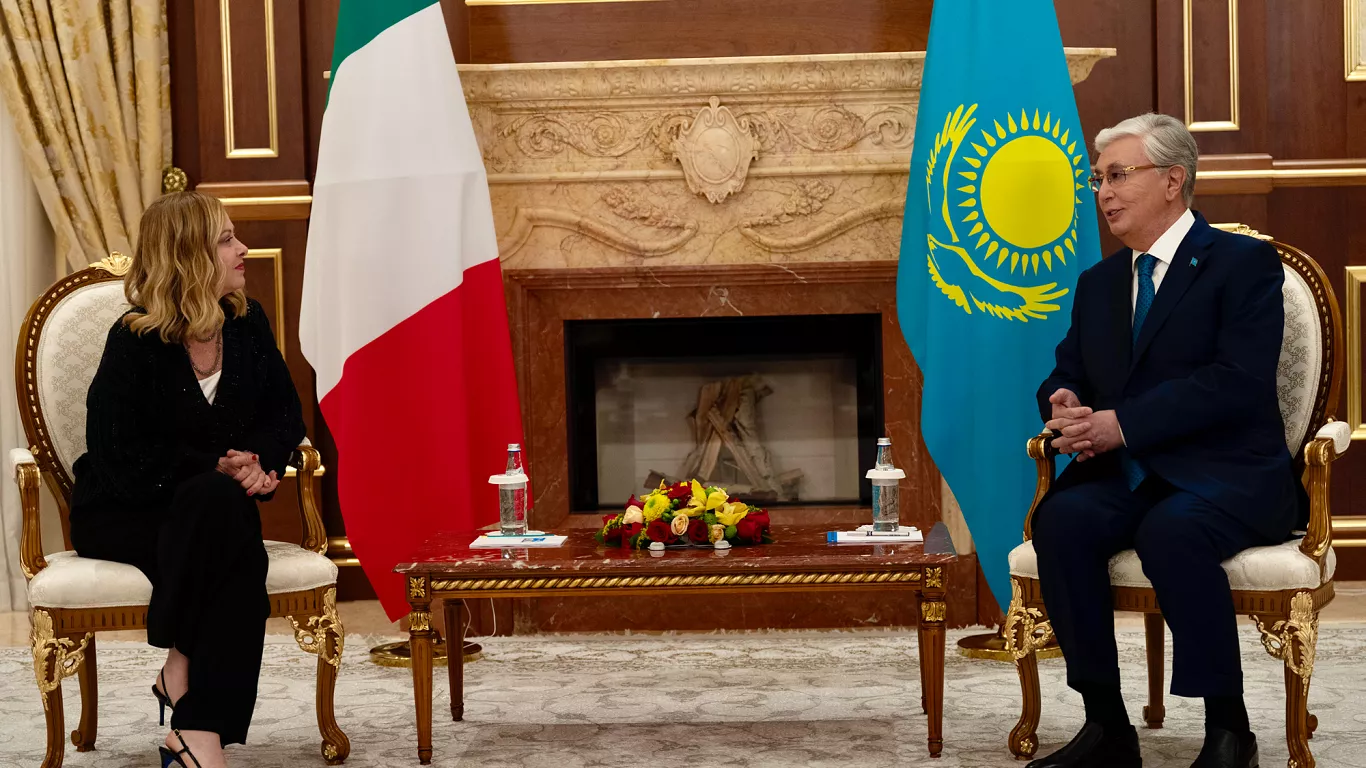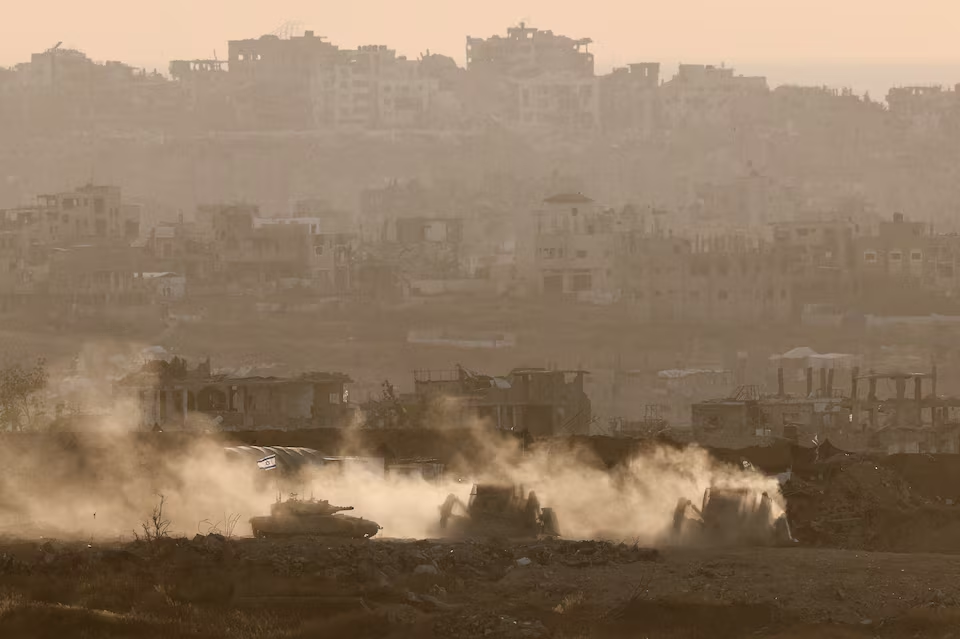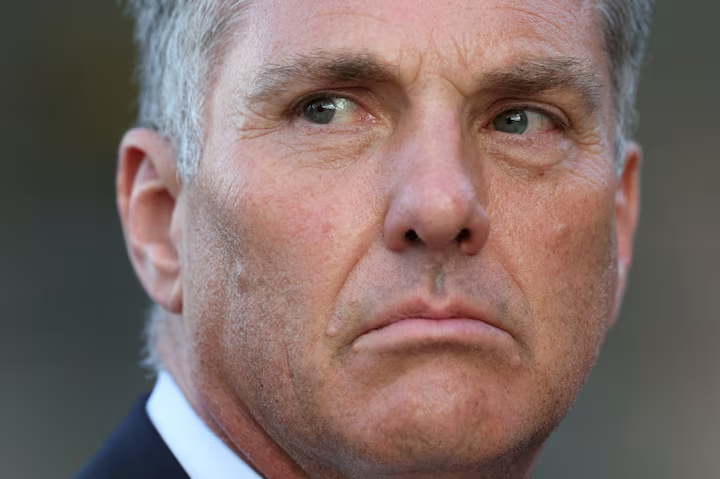Italian Prime Minister Giorgia Meloni concluded a major diplomatic visit to Kazakhstan on Friday, during which Italy and Kazakhstan signed a set of economic and strategic agreements worth approximately €4 billion. The high-level meeting in Astana marked a significant step in reinforcing bilateral relations and expanding Italy’s economic presence in Central Asia.
During her meeting with Kazakh President Kassym-Jomart Tokayev, Prime Minister Meloni emphasized the importance of deepening cooperation between the two nations, especially in the energy, infrastructure, and green technology sectors. The visit, part of Meloni’s broader efforts to diversify Italy’s energy sources and economic partnerships, underscored the rising importance of Kazakhstan as a strategic partner in the region.
The €4 billion deal includes a range of partnerships between Italian firms and Kazakh entities, most notably in energy, where Italian energy giant Eni is expected to expand its operations. Eni has already maintained a long-standing presence in Kazakhstan, particularly through its participation in the Kashagan oil field project. Under the new agreements, Eni and other firms will explore further collaborations in renewable energy projects, including solar and wind power development.
In her public remarks, Meloni framed the agreements as part of a broader strategy to reduce Italy’s and Europe’s reliance on Russian energy and to promote partnerships with stable and resource-rich countries. “Kazakhstan is a country of immense potential, not only in terms of energy resources but also in its desire to open up to Western economies,” Meloni said. “This partnership reflects our shared commitment to stability, sustainability, and long-term growth.”
President Tokayev welcomed the agreements as a vote of confidence in Kazakhstan’s economy and political stability. He noted that Kazakhstan remains committed to attracting foreign investment and to continuing reforms that create a favorable business environment. “Italy is one of Kazakhstan’s key partners in the European Union, and we view this agreement as a milestone in a long-term strategic relationship,” Tokayev said.
The signed agreements also include collaborations in logistics and transport infrastructure, with Italian companies likely to participate in the development of rail and road projects to improve Kazakhstan’s connectivity with European and Asian markets. Additionally, both countries expressed interest in cooperating in agriculture, education, and cultural exchanges.
Meloni’s visit comes at a time when Italy is working to strengthen its geopolitical role and economic reach beyond its traditional European partners. Analysts view Kazakhstan as a key hub in Central Asia, particularly as the region gains strategic relevance in light of shifting global energy markets and security dynamics following Russia’s invasion of Ukraine.
The visit also saw the organization of an Italy-Kazakhstan Business Forum, bringing together over 200 companies from both nations. The forum served as a platform for Italian and Kazakh business leaders to explore new opportunities and cement commercial partnerships. Officials from both countries expressed optimism about the potential for trade volumes to double in the coming years.
Energy diversification remains a top priority for Italy, and Kazakhstan is emerging as a crucial component of this strategy. With its vast reserves of oil, natural gas, and critical minerals, Kazakhstan is well-positioned to supply Europe with alternatives to Russian energy, while also offering new prospects for green energy development.
The agreements mark a turning point in Italy-Kazakhstan relations, elevating the partnership from simple trade cooperation to a more strategic and multifaceted alliance. Meloni’s visit and the deals signed underscore Italy’s active diplomatic approach in forging reliable alliances in new regions amid an increasingly volatile global landscape.
Both governments expressed hope that the agreements signed in Astana would lay the foundation for further collaboration and stronger political, economic, and cultural ties in the years ahead.
Source: Euronews



